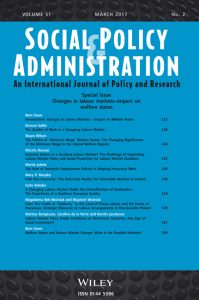The first 25 years of → Internet governance began with technicians at the helm. The 1990s saw an emerging struggle over the US government’s escalating attempts to dominate the Internet. Initial opposition came from the Internet’s technical community, but later a number of national governments also began to challenge the US strategy. The European Union (EU) largely backed the US. While some issues were resolved by the mid-2000s, others were likely to stay contested for a considerable time. (Many acronyms, all explained below, were generated in this process.)When the term “Internet governance” was introduced in the 1980s, it was used mainly to describe the specific forms of the technical management of the global core resources of the Internet: → domain names, IP addresses, Internet protocols, and the root server system. The term “governance,” rather than “government,” signaled the difference between Internet regulation, mainly technical in nature and self-organized, and the legal regulation of telecommunications and broadcasting (→ Information and Communication Technology, Development of; Internet, Technology of).Internet pioneers rejected any government role in the emerging cyberspace. MIT’s Dave Clark proclaimed in 1992: “We believe in: rough consensus and running code.” Tim Berners-Lee (1998), world wide web inventor, insisted: “Our spiritual and social quest is for a set of rules





